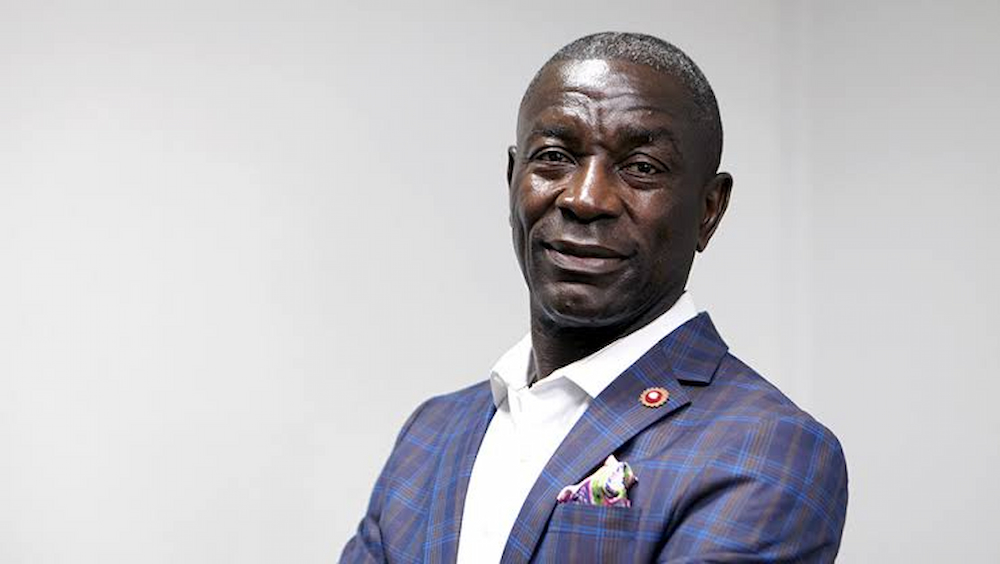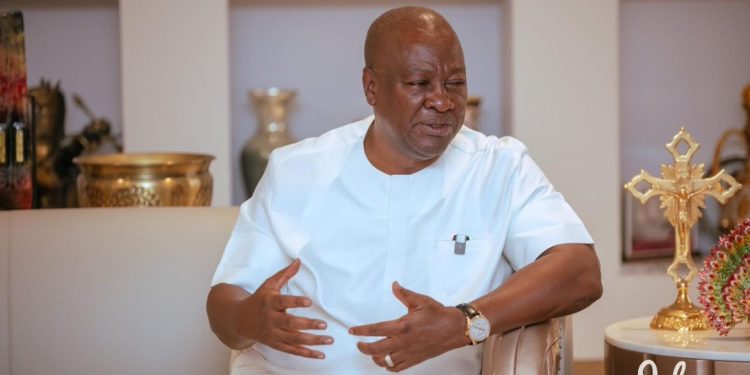Prince Kofi Amoabeng has the challenges of running a business in Ghana, pointing to a system deeply rooted in personal connections rather than due process.
The former CEO of the defunct UT Bank, while speaking on Joy Prime’s PM Business with George Wiafe, pulled no punches in critiquing the country’s business environment and financial sector policies.
Reflecting on the closure of UT Bank, Amoabeng revealed a striking paradox. “We had liquidity support of 800 million Ghana cedis, yet they used over 2.2 billion Ghana cedis to shut us down,” he said, his frustration palpable.
“You lose the 800 million owed to you and spend more to close the institution. That doesn’t make sense. But it’s because I didn’t associate with politicians, chiefs, or other influential figures. This is who I am. I don’t lobby politicians.”
Amoabeng recounted how he upheld his principles during the rise and fall of UT Bank. “I’ve sacked my own brothers and friends when they went against the laws of the company.
“I believe in running a business by the rules. But in Ghana, success attracts problems. When you grow big, the politicians, the chiefs, and even your family all want a piece of you. And if you refuse to align with them, they’ll see you as being on the opposing side,” he lamented.
Drawing comparisons with developed nations, Amoabeng highlighted how systemic failures in Ghana cripple businesses.
“Even Donald Trump, with all his power, faced legal consequences. That would never happen in Ghana.
Here, decisions are driven by who you know, not due process,” he stated. For him, Africa’s biggest challenge lies in its inability to prioritize systems and policies over personal connections.
The former bank executive also touched on the human cost of financial sector reforms.
“When banks are closed, what happens to the workers? In other countries, governments step in to save iconic brands and protect jobs.
Shouldn’t we also think about the people, not just the institutions?” he questioned. While he admitted that some institutions may not warrant bailouts, he stressed that governments must take responsibility for the broader consequences of such closures.



